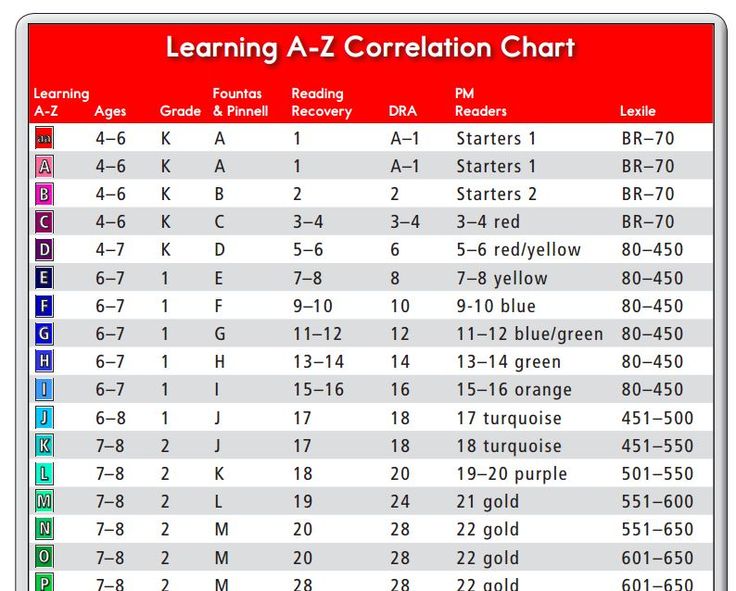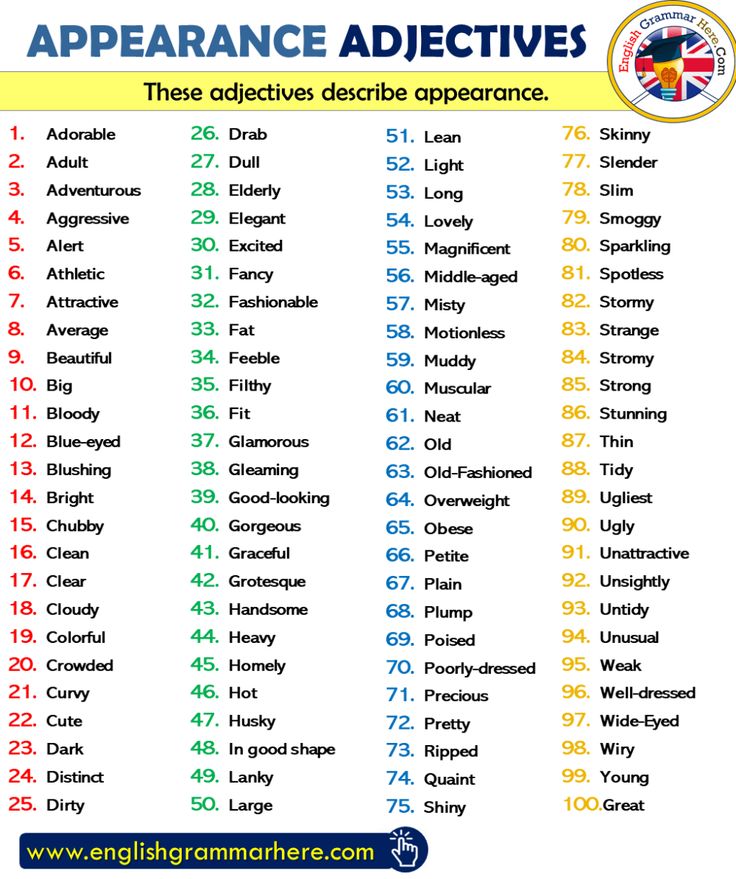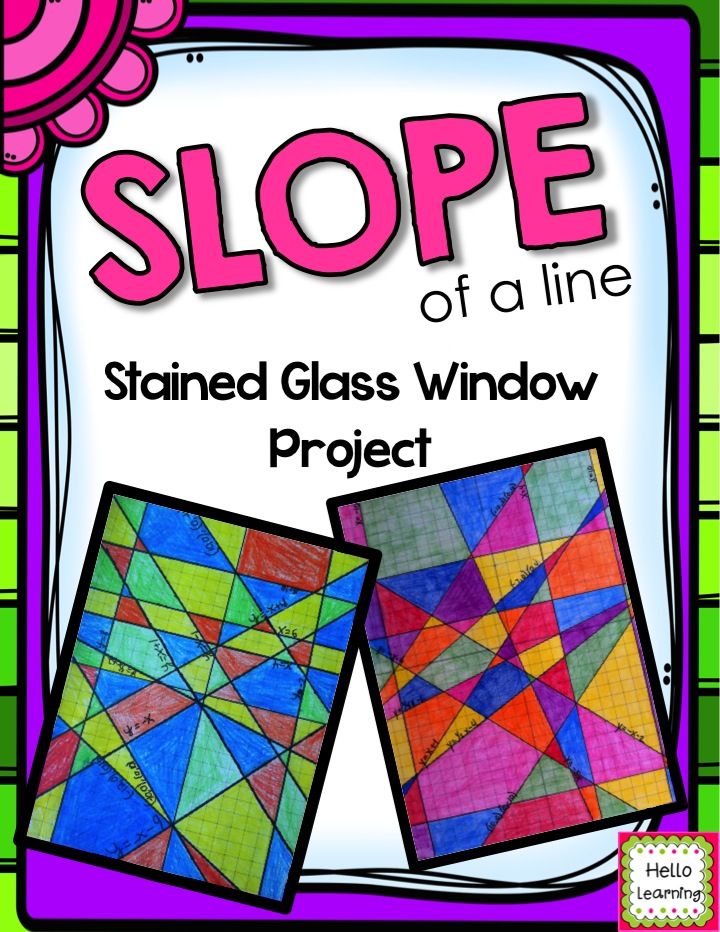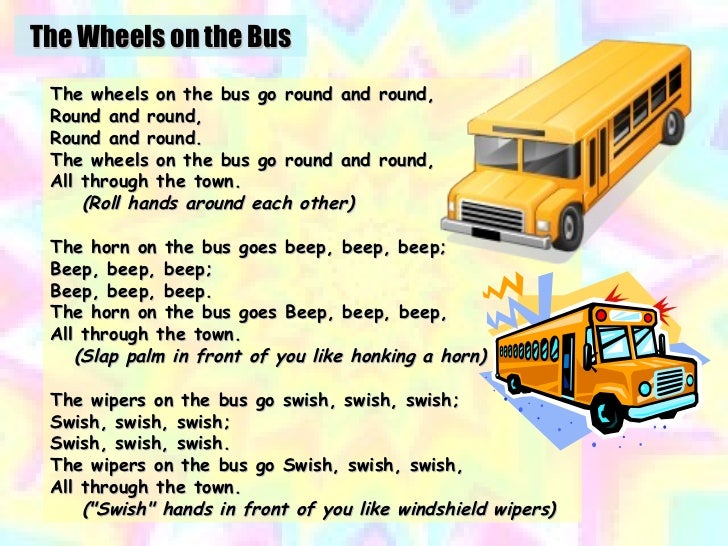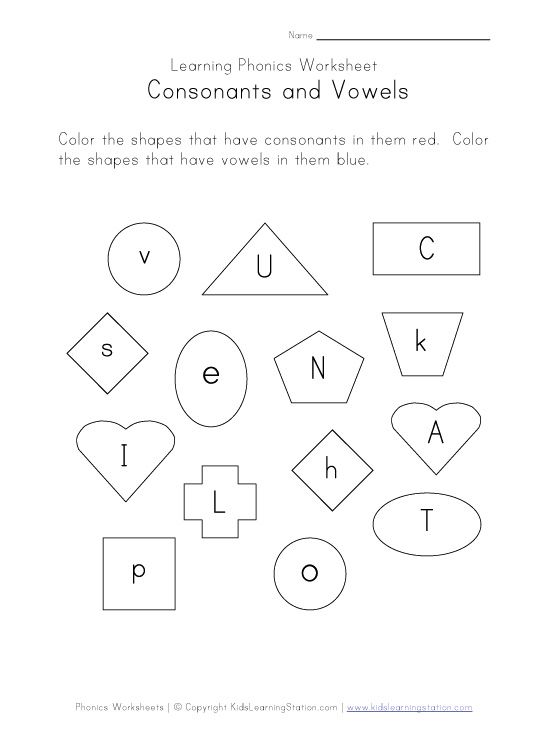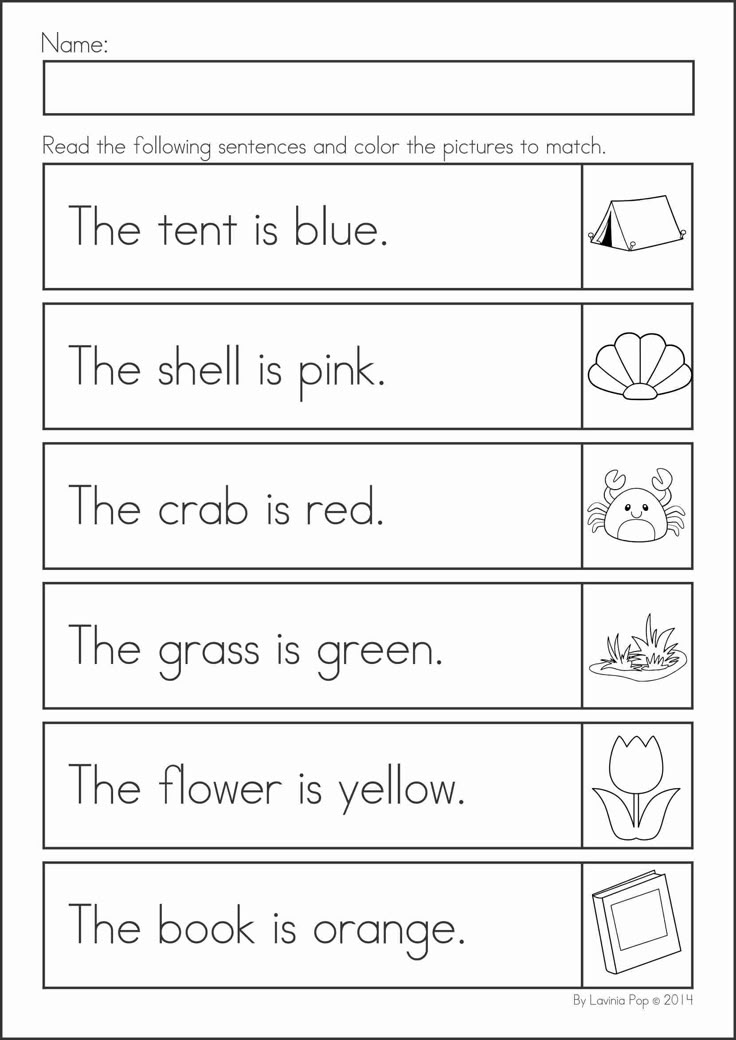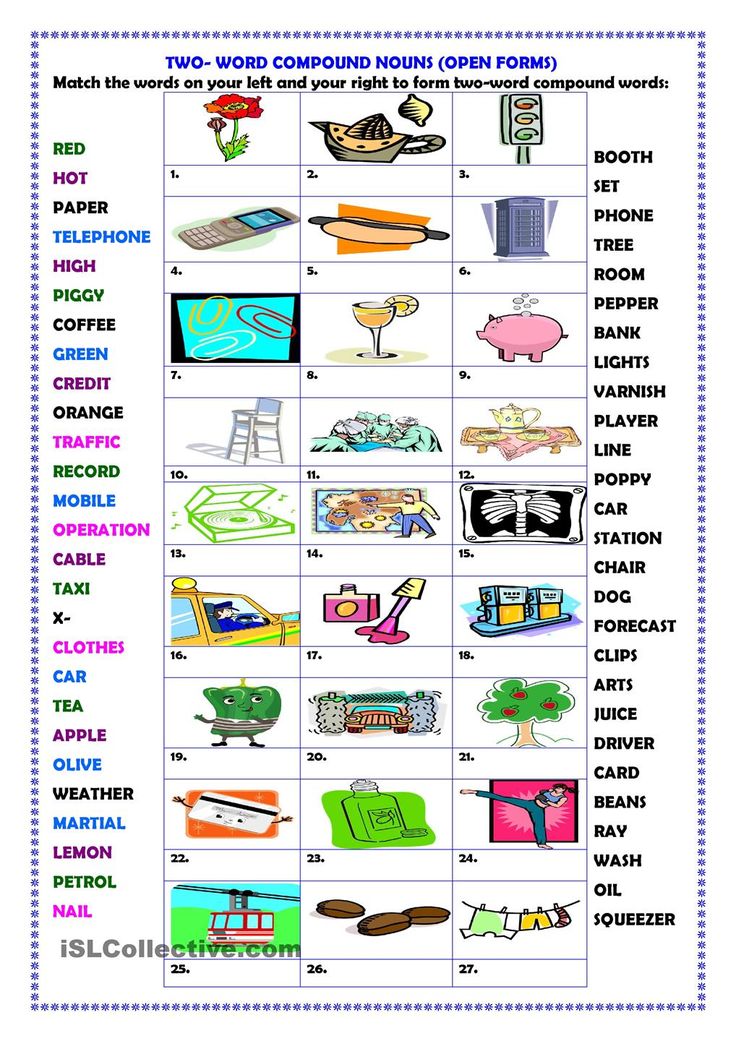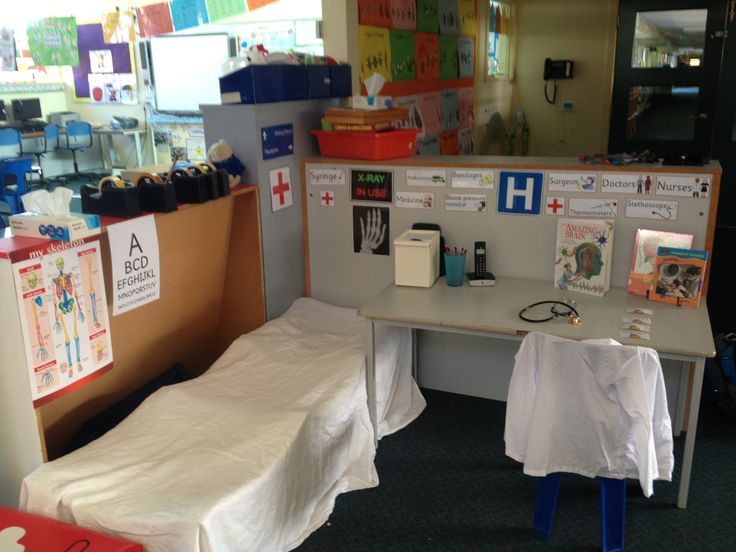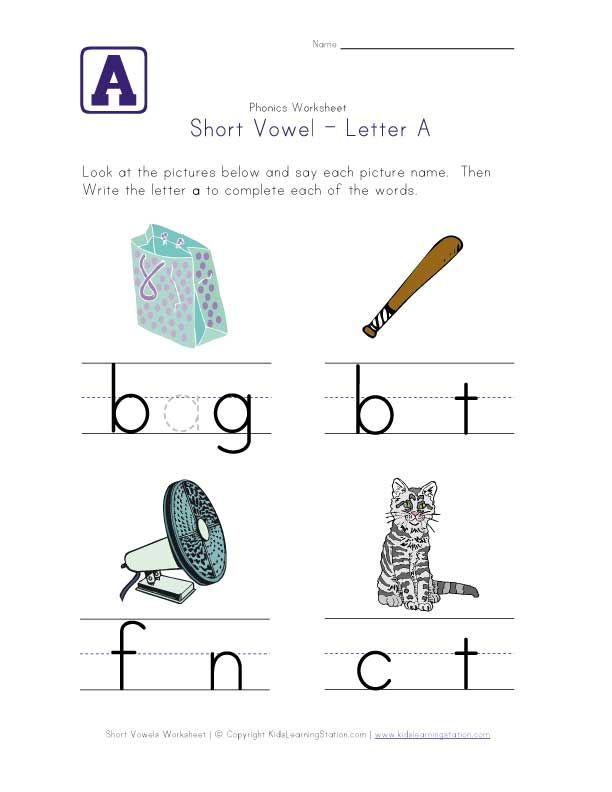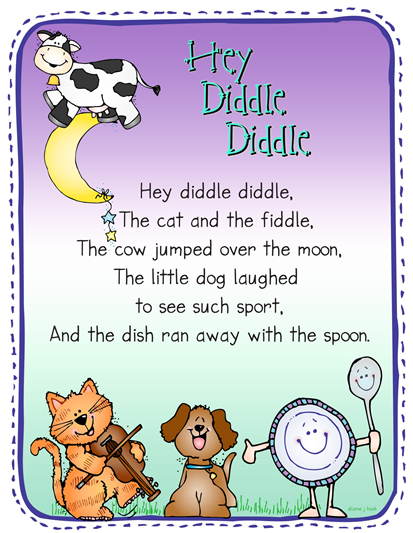How to find your lexile level
Introduction - Reading and Lexile Scores
What is a Lexile Score?
A Lexile score is a standard score that matches a Grade 1-12 student’s reading ability with the difficulty of the reading material.
When the reader's score and that of the reading material are the same, the student is expected to read with 75% comprehension – difficult enough to be challenging without undue frustration and to encourage reading progress.
Scores range from 200 to 1700.
Lexile measures are a measure of text difficulty. They do not address age-appropriateness, student interest or the quality of the text.
Google does not use Lexile scores, and while in the past Google Advanced Search used to rate websites as beginning, intermediate or advanced reading level - Google no longer offers this feature. However, an alternative way to search and obtain results with reading levels marked is here: Choosito.com Search.
This site http://www. lexile.com/ will let you enter your lexile level range and find a list of books that not only meet your lexile requirements, but your interests, i.e. social issues or technology, and your age range. However, the age range is limited to 18 years and younger. You can also see if a particular book is listed to learn the lexile level.
Sample Lexile Texts
Examples of Reading Levels
This Lexile map shows texts matched to levels of reading ability. The literature titles and reading selections are examples that range from 200L to 1700L on the Lexile scale.
Lexile Grade Level
Lexile-to-Grade Correspondence
Student's Guide to Lexiles
This guide gives Grades 1-12 students practical information about Lexiles—what they are, what they mean, and how students can use them to find reading materials that match their reading abilities and interests.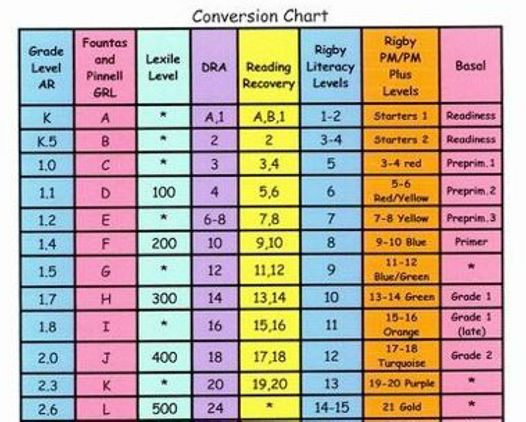
Perhaps you already recognize the term “Lexile” as the reading level number for an article in an EBSCOhost database search. Or maybe you know that a Lexile is a measure of your reading ability based on your score from a reading test. But do you know what the number really means?
How Can Lexiles Help Me Find Reading Materials?
Lexiles can help you find books and articles based on your individual reading ability and interests. For example, if you are a 980L reader, you should be able to read and understand most texts at this level. It is best to find materials within a range of 100L below and 50L above your Lexile measure. Texts below 980L will be easier to read; texts above 980L will be more challenging.
I don’t know my Lexile measure. Can I get a Lexile measure from EBSCOhost, based on the magazines I like to read?
If you or your teachers do not know your actual Lexile measure, you can use a school library or public library EBSCOhost database to estimate your reading ability. Log into EBSCOhost on your library’s computer and choose a database with Lexiles, such as
Primary Search, Middle Search Plus or MAS Ultra. On the Basic Search screen, check Full Text, then type in a magazine name in the Publication field. Click Search. EBSCOhost will bring up all of the articles from that magazine. Each article will have a different Lexile measure, which will give you a general idea of the magazine’s reading level.
Log into EBSCOhost on your library’s computer and choose a database with Lexiles, such as
Primary Search, Middle Search Plus or MAS Ultra. On the Basic Search screen, check Full Text, then type in a magazine name in the Publication field. Click Search. EBSCOhost will bring up all of the articles from that magazine. Each article will have a different Lexile measure, which will give you a general idea of the magazine’s reading level.
Lexile Framework for Reading GL Education Group (April 14, 2011)
Examples of Reading Levels (Framework)
This Lexile map shows texts matched to levels of reading ability. The literature titles and reading selections are examples that range from 200L to 1700L on the Lexile scale.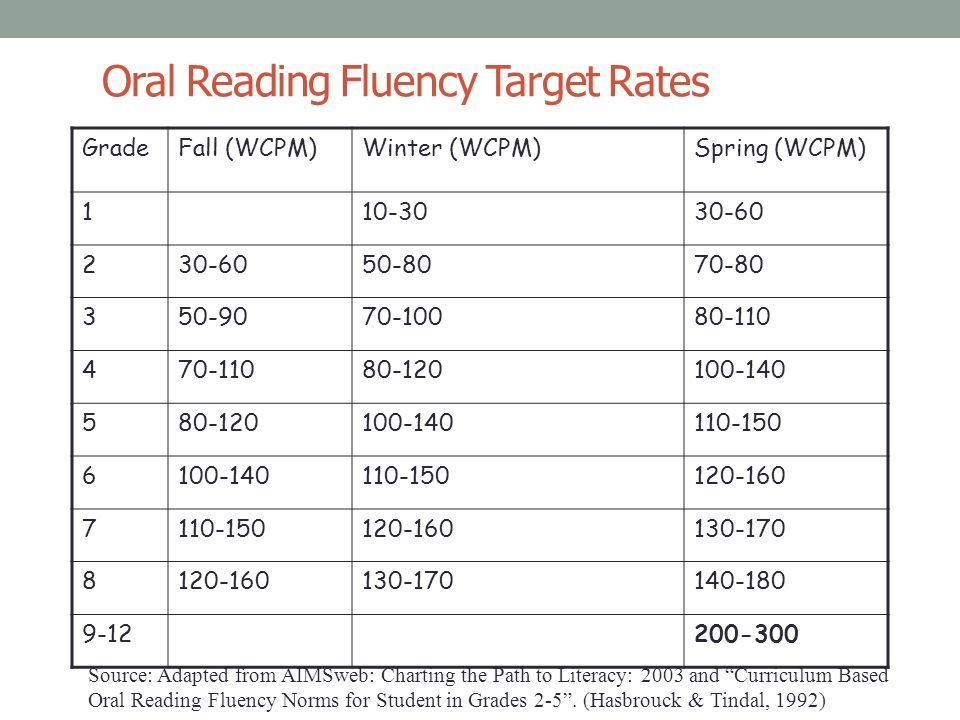
Lexile Framework for Reading for Parents and Educators
The educators and researchers at MetaMetrics created the Lexile Framework for Reading to transform the world of education with a research-driven, scientific system to help all readers navigate the path to success in school, college and careers.
Reading
QR Code
Scan the above QR Code with your QR code reader to access this page on your mobile device.
How To Determine Your Child’s Reading Level And Choose The Best Books
When you sit down to read a book, you want to enjoy the story in front of you.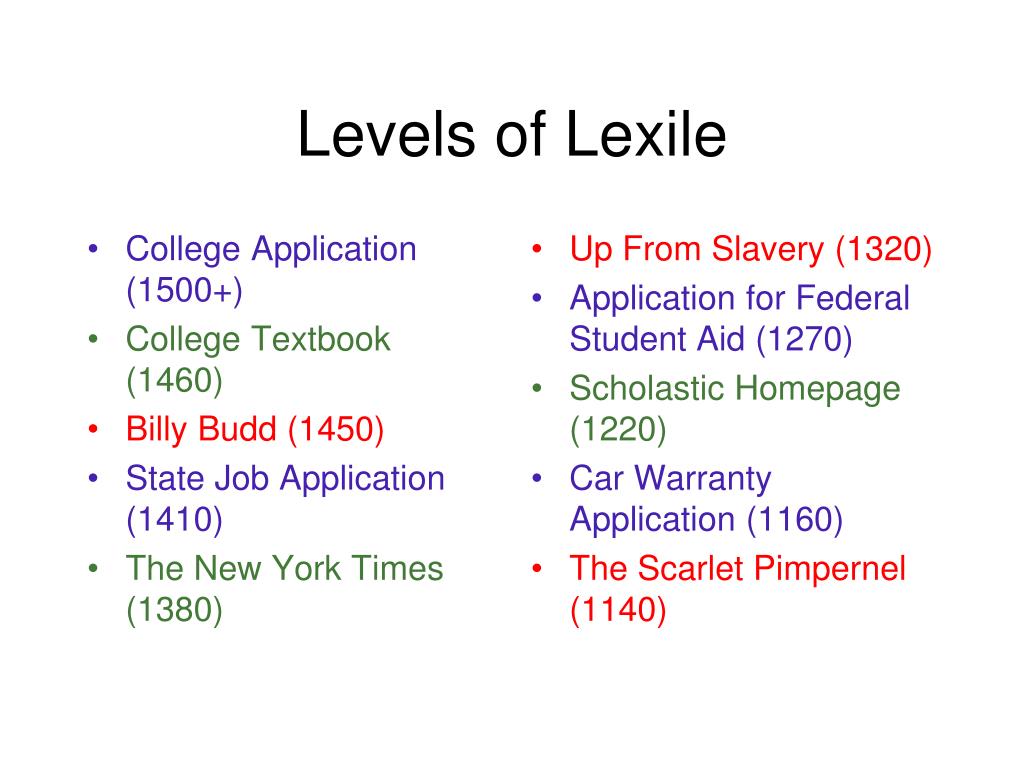 The same is true for your child. That’s why uncovering your child’s reading level is an important step in fostering their love of words from a young age!
The same is true for your child. That’s why uncovering your child’s reading level is an important step in fostering their love of words from a young age!
Consider the different factors that allow kids to enjoy the books they read. For example, does it tie into their interests, and is it slated as an appropriate option for their level? By answering these questions, you can make sure they’re reading books that are just right for them!
If your child is in school, you’re probably no stranger to jargon like “reading level.” But what exactly does Lexile Framework, Guided Reading Levels (GRL), or Developmental Reading Assessment (DRA) actually mean?
Additionally, if your child is just starting to read on their own (or already reading independently) and is learning from home, how can you figure out what reading level is right for them? If any of these thoughts have crossed your mind, you’ve come to the right place.
We’re here to answer your questions so you and your child can sit down and enjoy a good book together!
What Is A Reading Level?
A reading level is simply a measure of your child’s ability to read text.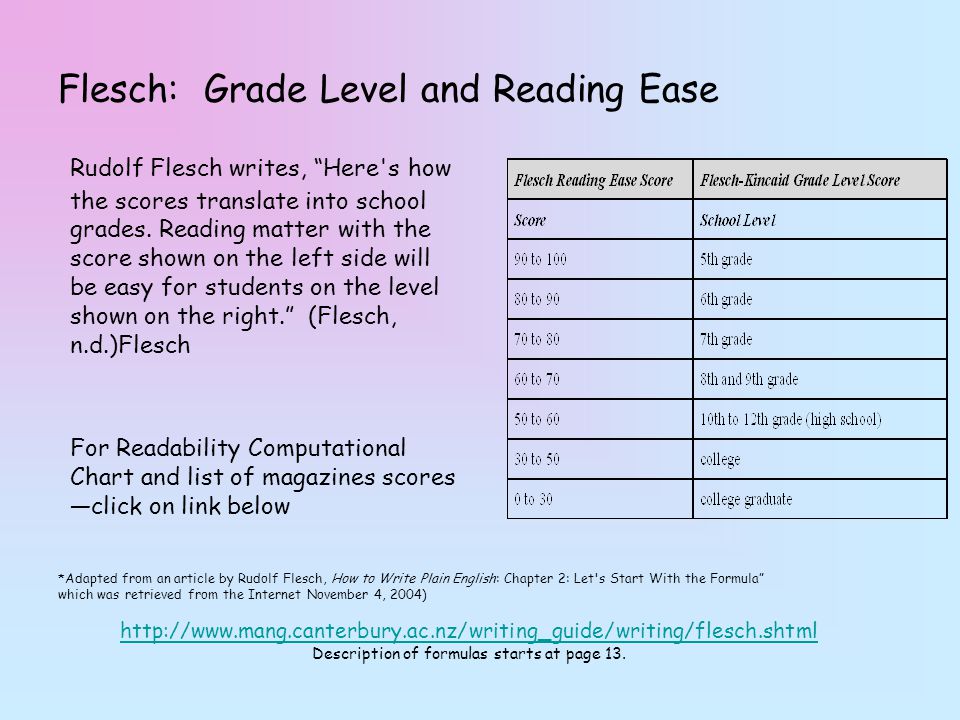 It reflects how well your little one can read independently. Importantly, reading levels help you choose books that are a good match for your child while still presenting a challenge.
It reflects how well your little one can read independently. Importantly, reading levels help you choose books that are a good match for your child while still presenting a challenge.
Keep in mind these levels are meant to be helpful, not stressful. They don’t limit your child, but, rather, help them blossom into a fluent, excited reader.
When your child reads books that are appropriate for their current reading level, it boosts their confidence so they can truly enjoy reading! Also, knowing what level your child is at allows you to work with them to improve their skills.
That being said, it’s important to remember that children are unique and develop differently. Comparing your child to their peers isn’t necessarily the best approach when trying to assess their reading ability.
Why Is Determining Reading Level Important?
It’s helpful to determine your child’s reading level so you can find books that are appropriate for them to read on their own: not too difficult but challenging enough to encourage growth.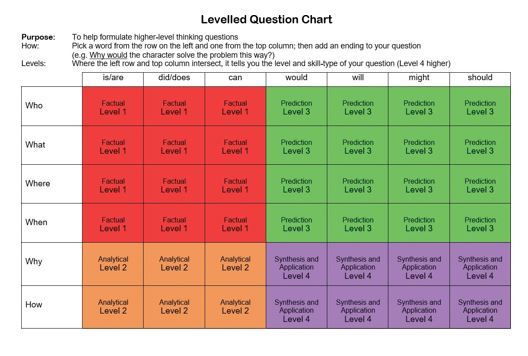
Reading level classification is a convenient tool you can use when searching online or at the library. And when you provide books that are on your child’s level, you create excitement and build their confidence, which can lead to a lifetime love of learning and reading!
If you’re looking for ways to help your little one read at the best level for them, Our new app HOMER Learn & Grow has a Stories section that gives age-appropriate story recommendations!
This is a great resource that takes your child’s specific interests and recommends stories just for them. What’s more, your child can choose to read along or read on their own.
How Is Your Child’s Reading Level Measured?
Your child’s reading level is usually measured at their school in first or second grade, and we’ll show you how that’s done. Here’s a tip: since your child’s teacher knows their reading level, consider asking the teacher (or the school librarian) for books your child can read at home.
Don’t worry if your child isn’t in school yet or if they’re homeschooled. We’ll show you how you can measure their reading level at home, too!
Before we dive in, it’s important to note that we think of books for kids at three levels: independent reading, instructional reading, and frustrating to read.
As the names indicate, independent reading books are ones a child can read with ease and without support from an adult.
Instructional ones are the books just above independent that teachers might use to stretch a child’s reading as they offer support while the child makes that next step. Finally, frustrating books are too hard for a child to read even with adult guidance.
Now that you have an idea of how to think of the different books your child might encounter, let’s talk about the tools used for determining or describing reading levels.
Lexile Framework For Reading
Lexile Framework For Reading is an educational tool that ranks books by order of their difficulty using a scale called a Lexile.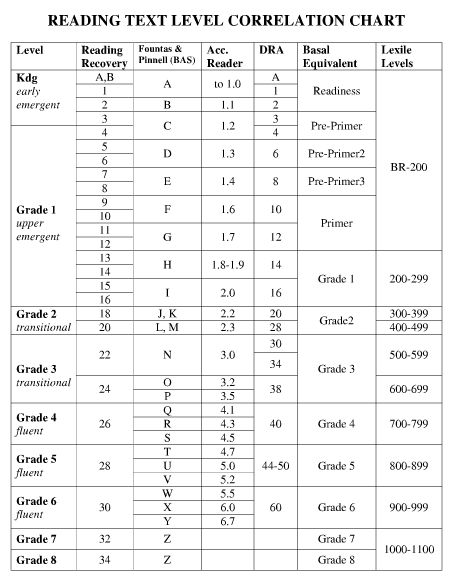 Usually, your child’s teacher will determine their Lexile reading level and then choose books that have a matching score.
Usually, your child’s teacher will determine their Lexile reading level and then choose books that have a matching score.
The Lexile score, or measure, describes your child’s reading ability and matches them with books and other reading materials. This measure ranges anywhere from 0L to 2000L.
Kids are encouraged to read within their Lexile “range” — 50L above to 100L below their actual level. For instance, if your little one is reading with a Lexile measure of 500L, they would read books ranging anywhere from 400L to 550L.
Using standardized assessments, schools will often measure a child’s reading level several times a year to help them select books that are appropriate for independent reading.
Guided Reading Levels (GRL)
GRL is a guided reading system used in some schools.
To determine reading levels using GRL, children sit one-on-one with their teacher and read from a book that’s considered standard for their grade level — a “benchmark” book. GRL books range from A to Z with A being the easiest.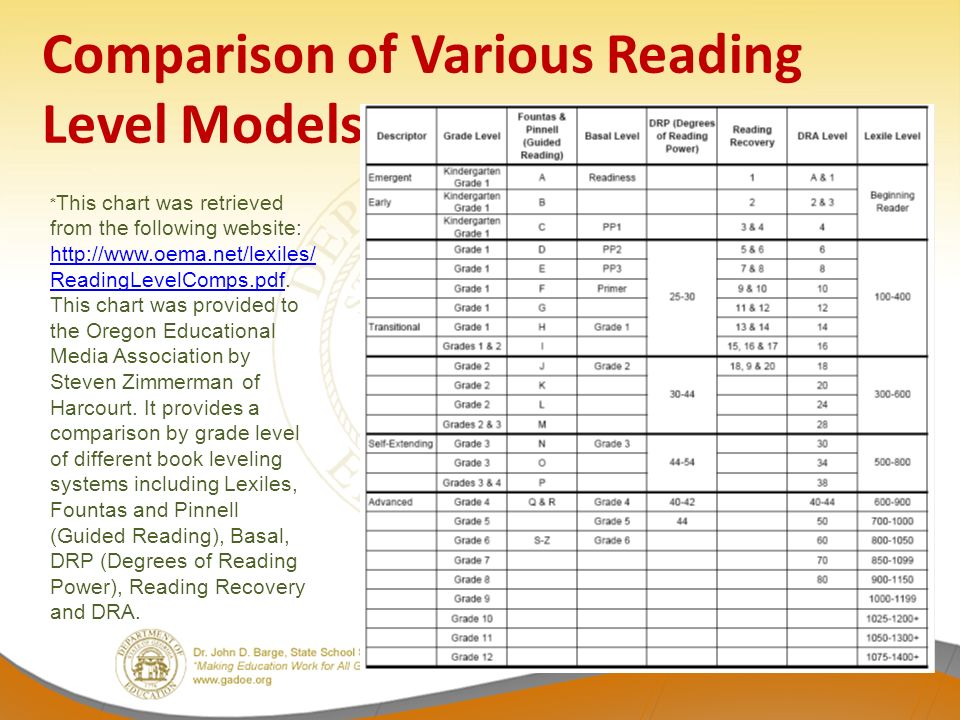
While reading these books, the teacher will take notes on any missed words and ask comprehension questions, such as, “When did the story take place?” or, “What was the problem in the story?”.
Through guided instruction, the teacher will gradually move children into more difficult books.
Developmental Reading Assessment (DRA)
DRA is a standardized reading test given by teachers or reading specialists. As with GRL, children sit individually with the test administrator and read a book.
Several factors are taken into consideration to determine reading level, including:
- Reading comprehension
- Phonemic awareness
- Fluency
DRA books are labeled with an A for the easiest books and then move into a numerical grading system. The levels range from 1 to 80 with 1-3 representing a kindergarten reading level and 80 representing an eighth-grade reading level.
Once a child has a DRA or a GRL level, a teacher or parent can search for the reading level of any particular book and can usually discover either the Lexile, DRA, or GRL of that particular text. Here’s a chart for your reference.
Here’s a chart for your reference.
At-Home Reading Levels
If you’re looking for a way to find out your child’s reading level without using any of the methods listed above, you might try the five-finger rule.
For the five-finger rule, choose a book and flip to any page. If your child seems to have trouble reading more than five words on the page, it’s a good indicator that the book is too advanced for them.
To be sure, though, you can have your child try another page, especially if they seem eager to read a particular book.
This can be a helpful strategy, but it’s OK to let your child try a book and see how the reading goes. If a book is too hard, most kids will figure that out — and there is nothing wrong with reading books that are too easy!
Sometimes a child may be interested in a book that’s a little too hard for them. If this happens, we encourage you to read aloud to your child. You can also read together by alternating pages, paragraphs, or sentences.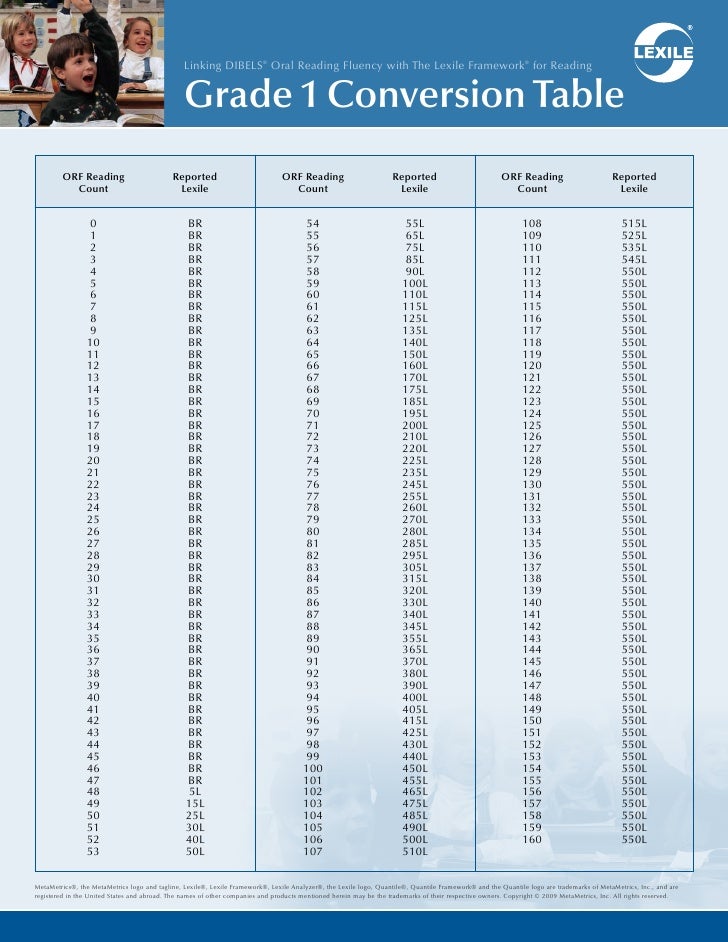
It’s important not to completely avoid books that may be a little above your child’s reading level.
Even if your child struggles a bit to read them without assistance, these books can still be beneficial in helping build their vocabulary, improve comprehension, and increase general knowledge — not to mention, encourage their love of reading!
When your emerging reader seems overwhelmed by one book, you can always give the five-finger rule a try with other books until you find the right match. And if your child is particularly interested in a topic, you can always read the book to them and stop on words you know they can read.
Also remember that when a child is really enjoying a book and highly motivated to read it, they will read at a higher level than if the material is not as interesting to them.
Tip: Most libraries and bookstores have books arranged by reading level so you can easily choose the best one for your emerging reader!
Feel free to ask librarians and knowledgeable staff at bookstores to offer suggestions.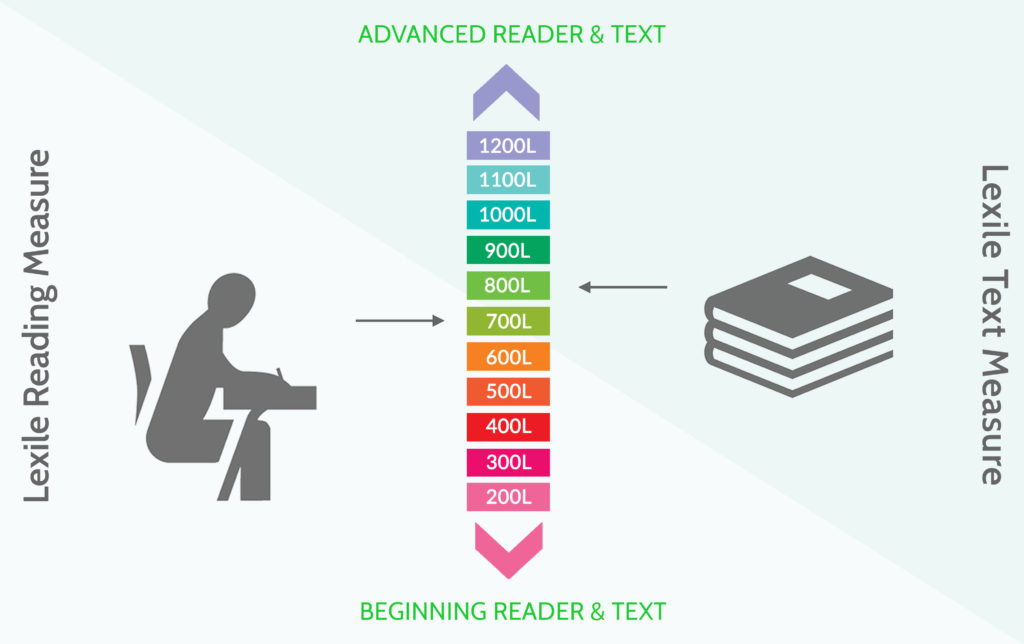 You could even say something like, “My child happily read a Clifford book; can you suggest others at the same level?”
You could even say something like, “My child happily read a Clifford book; can you suggest others at the same level?”
How To Help Your Child Become A Stronger Reader
As we mentioned earlier, you can easily determine your child’s reading level at home so that you can help them choose books that are just right! We suggest incorporating some of the tips below to help your child become a stronger reader.
Start With Clues
- Is your child using “sounding out” techniques to figure out unknown words?
- When your child reads, are they getting tripped up by sight words — common words that are hard to sound out?
- Is your child using pictures to help them understand what is written on the page?
- Is your child using context clues to figure out what word makes sense to come next as they read sentences?
Check Vocabulary
- Play games with your child to see what words they know. For example, say a sentence and point out one word in the sentence.
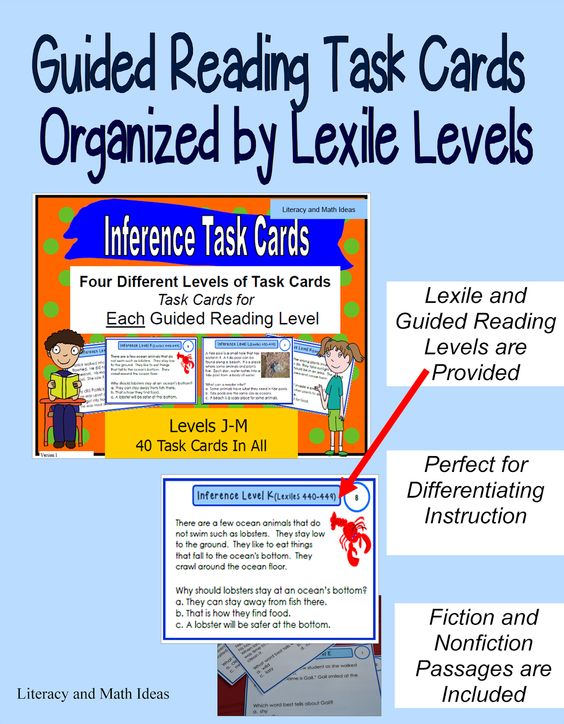 Then ask them if they can come up with a different word (synonym).
Then ask them if they can come up with a different word (synonym). - Play synonym games to see what words your child knows. For example, challenge yourselves to think of 10 or more ways to describe speaking (shout, whisper, mumble).
While you’re talking with your child, describe something specific from your day. Make sure to use interesting adjectives, and don’t hold back from using sophisticated vocabulary when talking with your child.
You can help your child’s vocabulary grow through day-to-day conversations and activities!
Ask Comprehension Questions
Understanding what they read is an important part of your child’s reading journey.
- To check for reading comprehension, we suggest pausing every other page to talk about what you’ve just read. Make this a natural reaction to the story, like you’re thinking aloud about the story or characters, so that it doesn’t feel like a test.
- Consider encouraging your child to act out and retell the story (for younger children).
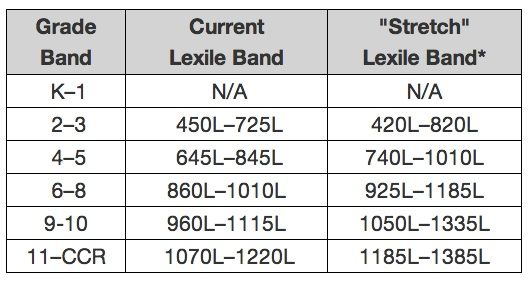
- Try discussing themes/lessons with your child (for older children). Remember: this isn’t a test, but a conversation between book lovers!
Talk To Your Child
When most people implement strategies to help their children improve their reading skills, they often forget about the importance of verbal communication. It’s essential to talk to your child frequently in short and simple sentences.
This includes singing songs, telling them wonderful stories, reciting fun nursery rhymes, and describing the world around them. All of this exposes children to lots of different words. It also helps them learn that language is a powerful tool for communication.
Discover Your Child’s Favorite Books
- Children often choose books that are a little below their actual reading level. At home, this is a good thing. It keeps reading fun and exciting!
- We recommend choosing books that interest your child — with a certain character or activity they like — so they’re curious and excited about reading.
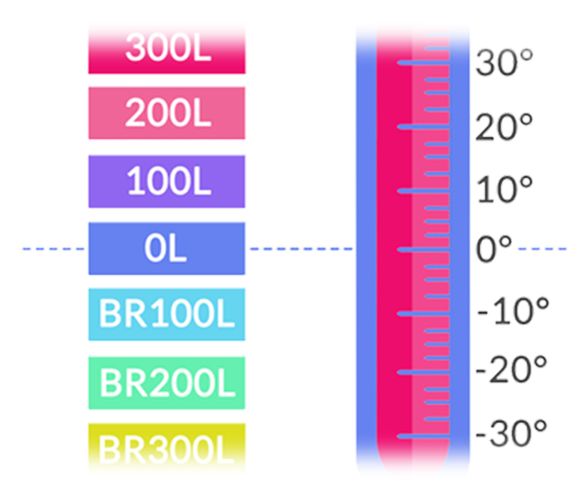
Reading books your child enjoys together can encourage their love of reading. And letting them read those same books to you can boost their confidence over time.
Together, these two activities increase your child’s fluency and reading enjoyment!
Create A Reading Corner
Establishing a reading corner in your house can benefit your child. The setup doesn’t need to be elaborate. This can be a simple, quiet, private area where your child can confidently read independently or with you.
It’s also great for the spot to be well-lit and filled with lots of books your child enjoys reading.
Is Reading The Same Book Over And Over OK?
Just like you might pick up an old favorite book to read, your child may do the same, and that’s OK! At least you know they’re enjoying a good book and the process of reading!
Rereading books can have many benefits for a child, including:
It allows children to get more from the text. Have you ever developed a deeper understanding of a story after rereading it? That’s because the more you engage with a story, the more you can take away from it.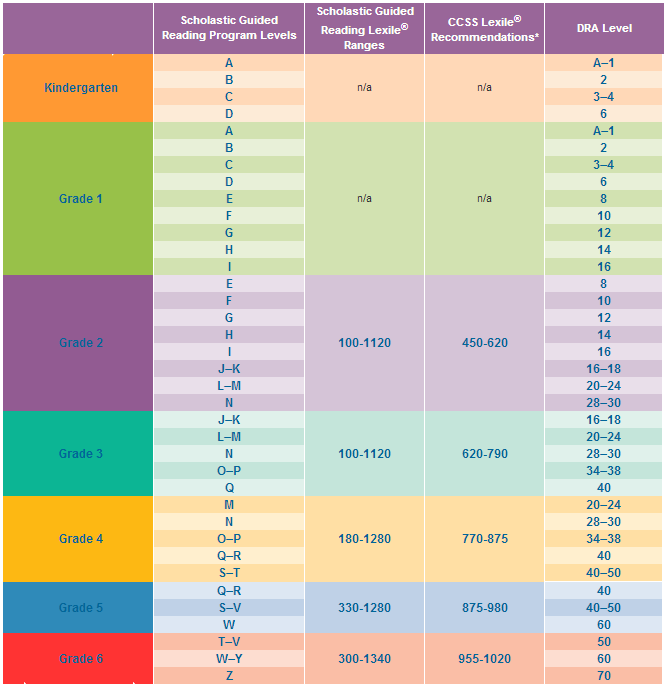
You can pick up on new information, establish connections between yourself and some of the characters, and even improve your understanding of the overall story.
Similarly, allowing your child to read their favorite books for the second, third, fourth (or more) time will enable them to get more from the story.
It also allows for bonding. Did you know that rereading books can help bring your family closer together?
Many of us remember a couple of books that our family read together regularly. This can be a holiday book or a favorite story. Rereading is a great way to get the whole family involved, as everyone can take turns reading and connecting on the same story.
What’s more, reading familiar books can actually help develop a young reader’s fluency. It allows them to learn the words and helps them become familiar with narrative structure or storylines (i.e. beginning, middle, and end), which builds reading comprehension later on.
So feel free to let your child choose the same book over and over!
FAQs About Reading Levels
What Reading Level Should My Child Be In Each Grade?
It’s challenging to answer this question because each child is different and will naturally develop at their own pace.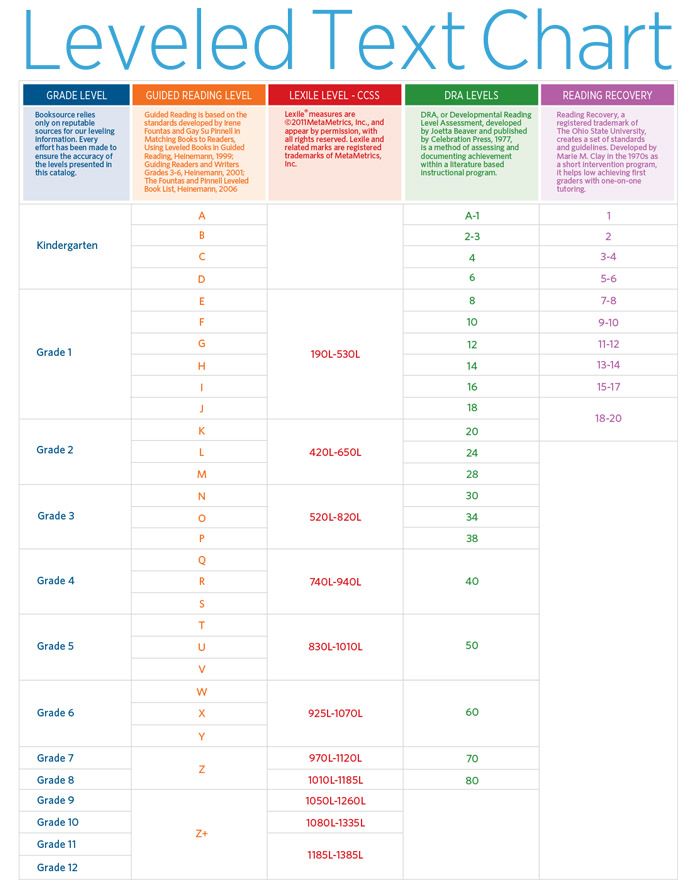 For example, just because your child’s friend has started reading fluently doesn’t mean your child will be able to do that yet.
For example, just because your child’s friend has started reading fluently doesn’t mean your child will be able to do that yet.
While no parent wants their own child to be a little behind compared to their peers, putting too much pressure on them to “catch up” might actually have an adverse effect. In fact, they might feel overwhelmed by the pressure and develop a negative attitude toward reading.
It’s also important to note that there’s no direct link between a certain Lexile measure and a specific grade level. When using any of the reading level measures we mentioned, remember that they are an estimate of a child’s performance and shouldn’t be interpreted literally.
Also, if you’re really concerned about your young learner’s development, you can always address those concerns with their teacher or another professional. They can offer tips and advice on how to best work with your child.
Finally, remember to be patient and positive no matter what. With lots of time and effort, your child will develop a lifetime love of reading!
Who Can Help Me Choose Books That Match My Child’s Reading Level?
The best place to start is to consult your child’s teacher.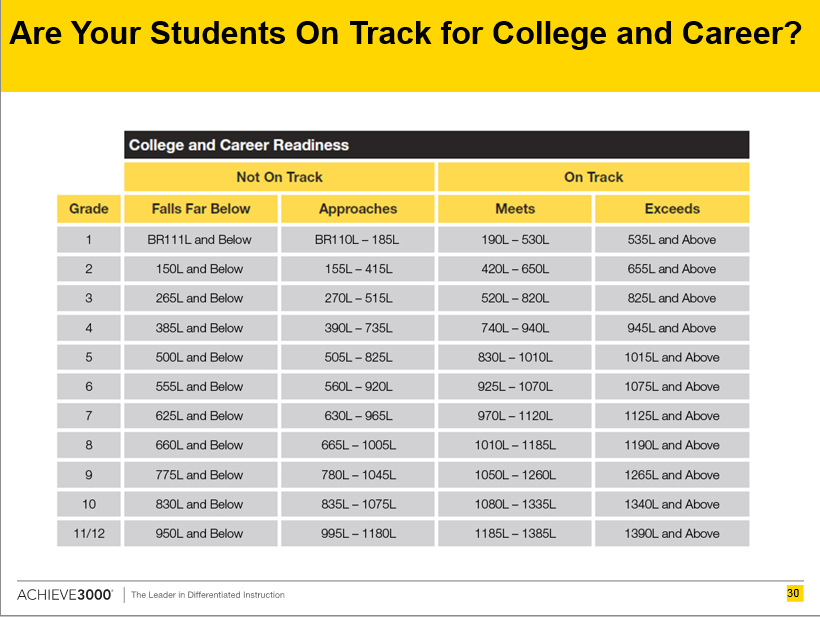 They will have the expertise to guide you in buying the right books for your child.
They will have the expertise to guide you in buying the right books for your child.
It’s also possible for you to look up most books online and find their reading levels. Furthermore, for beginner readers, there are publishers who label books in stages with age and/or grade suggestions attached.
If you’re homeschooling, you can also reach out to your local librarian or bookstores. As people who spend each day surrounded by books, they often have knowledge on this topic and may be able to recommend a few relevant books in your child’s reading level.
What If My Child Is Reading At A Lower Level?
The last thing a parent wants to hear is that their child’s reading level isn’t on par with their peers. But what can you do if, from the assessment used at your child’s school, you find out that your young learner is reading below the average grade level?
Firstly, it’s important not to panic. As mentioned earlier, kids develop reading skills at different stages of their development.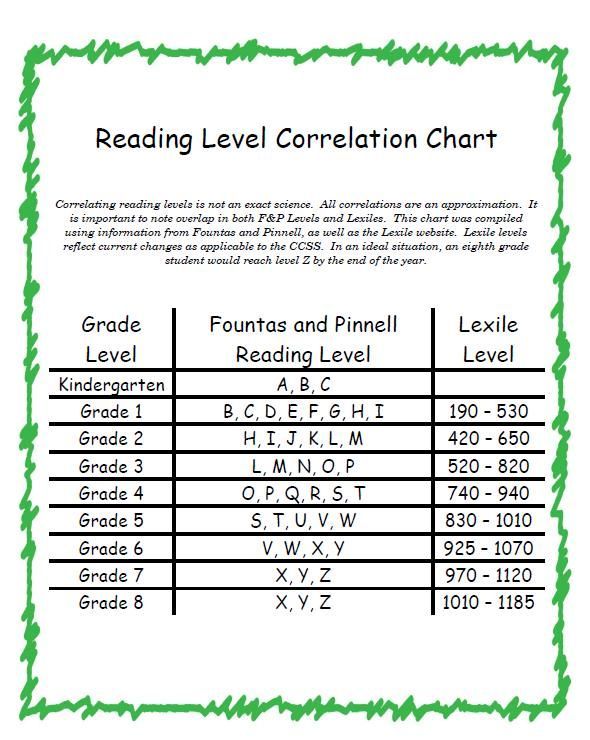 Some children might be early readers, while others may take time to get there.
Some children might be early readers, while others may take time to get there.
The most effective way to help your child improve their reading level is by continuing to encourage reading at home. While reading, remember to discuss the content to ensure comprehension.
Reading For Fun
From assessments to the five-finger rule, determining reading levels varies across the board. No matter which method you choose, remember these measurements are meant to be helpful and encouraging, not stressful and limiting.
Keep this in mind when assessing your young learner. You don’t want your child to sense any stress about their abilities, as this might overwhelm them and have an adverse effect on how they view reading.
While reading is an essential early learning (and lifelong) skill, you want your child to LOVE reading and not only view it as a test of their intelligence.
At the end of the day, the way reading makes your child feel is more important than their reading level.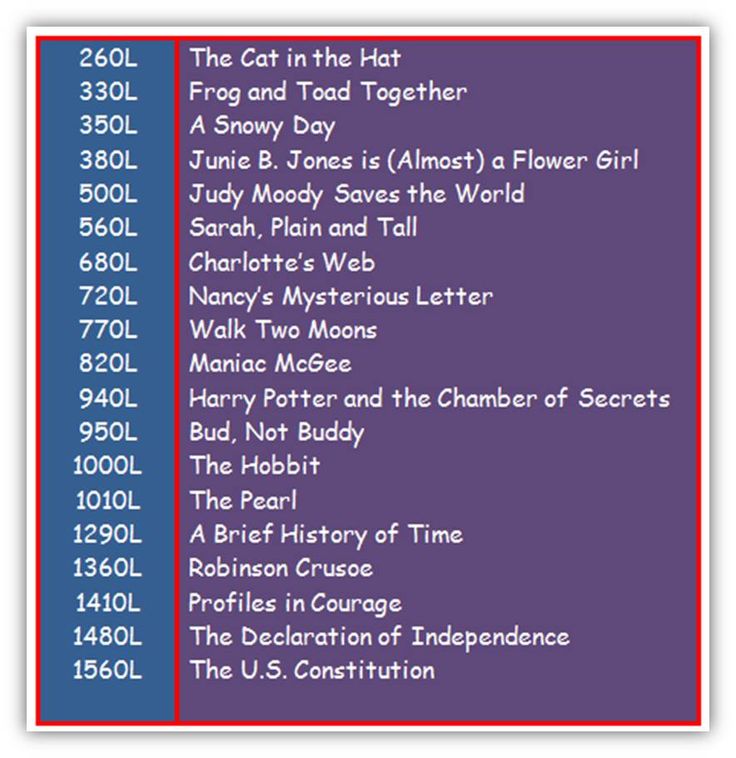 Each child learns in a way that’s special and unique to them.
Each child learns in a way that’s special and unique to them.
The HOMER Road To Reading
The road to discovering how to read can be a fun ride, but sometimes it’s bumpy. This is why we’re more than a learning program. We’re your learning partner.
If you’re looking for a resource to help develop your child’s love of reading and learning, consider taking a look at the HOMER Learn & Grow app. It’s full of stories curated based on your child’s interests!
When your child develops a love for reading, they’ll move up to the next level before you can say “Developmental Reading Assessment”!
Author
10 ideas on how to learn and remember new words ‹ Ingleks
In the article we will talk about ten Internet resources that will help you learn and remember new vocabulary. Tasks for every taste - from classic tests with filling in gaps to crosswords and puzzles.
Memorizing new words is perhaps the most important part of learning a foreign language: the richer your vocabulary, the more accurately you can express your thoughts.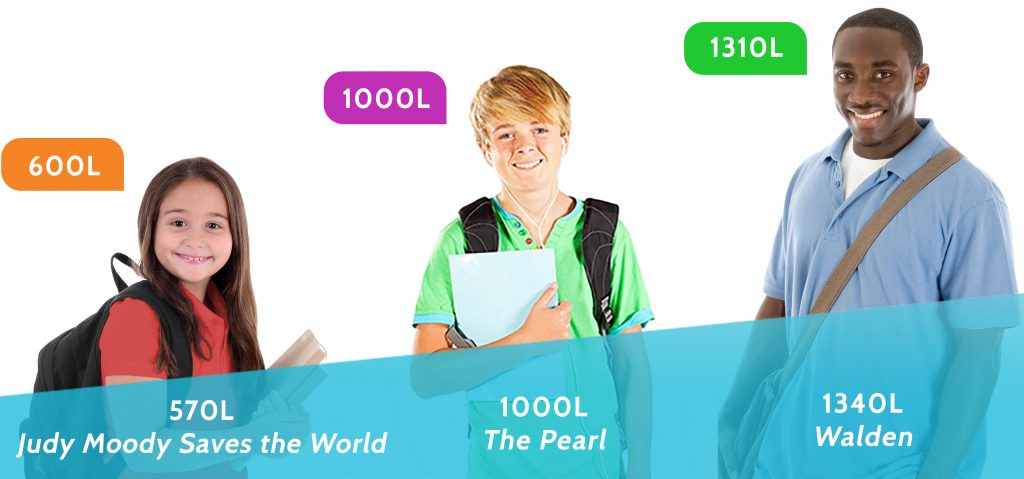 Mastering English vocabulary should not be reduced to the monotonous cramming of endless lists, on the contrary, it can and should become an exciting activity. Today we will share with you resources with which you will not only test your vocabulary, but also learn a lot of new words. Bookmark everything - you will have something to do in the next couple of months.
Mastering English vocabulary should not be reduced to the monotonous cramming of endless lists, on the contrary, it can and should become an exciting activity. Today we will share with you resources with which you will not only test your vocabulary, but also learn a lot of new words. Bookmark everything - you will have something to do in the next couple of months.
For your convenience, we have indicated which tests each resource offers, as well as what level of students they will be useful for. Pay attention to the explanations:
General vocabulary - not limited to topics, extended knowledge test.
Thematic vocabulary - collections of words on topics (family, food, animals).
Functional vocabulary - knowledge of synonyms, idioms, ability to use a word in context.
Also, for each test, we indicated the required level of English proficiency:
- A1 - Beginner, Elementary
- A2 - Pre-Intermediate
- B1 - Intermediate
- B2 - Upper Intermediate
- C1 - Advanced
- C2 - Proficiency
1.
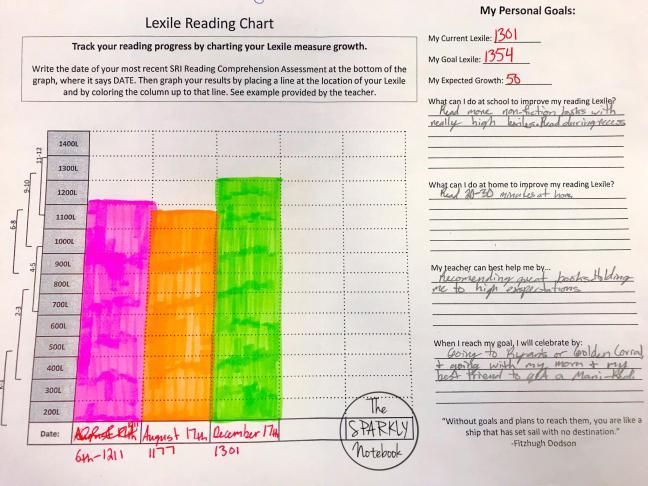 British Council
British Council With the help of the British Council resource you will work on thematic vocabulary, it will suit students from Elementary to Upper-Intermediate.
The British Educational Resource offers many useful resources, including a large vocabulary section. The site has two sections: for beginners and those who speak the language at an intermediate level. Each of the sections consists of thematic collections. Topics may seem standard (food, clothing, appearance, interior, animals, health), but in each of them you will find words that are unlikely to be found in textbooks.
You can test your knowledge by matching words with pictures. You can learn the correct pronunciation with the help of audio prompts. To consolidate new words, do a few exercises: fill in the gaps, write down the words from dictation, collect the words into sentences.
If you can't decide which topic to start learning words with, we suggest the following: Snacks and Desserts in Britain (for Elementary - Pre-Intermediate) and Tools (for Intermediate - Upper-Intermediate).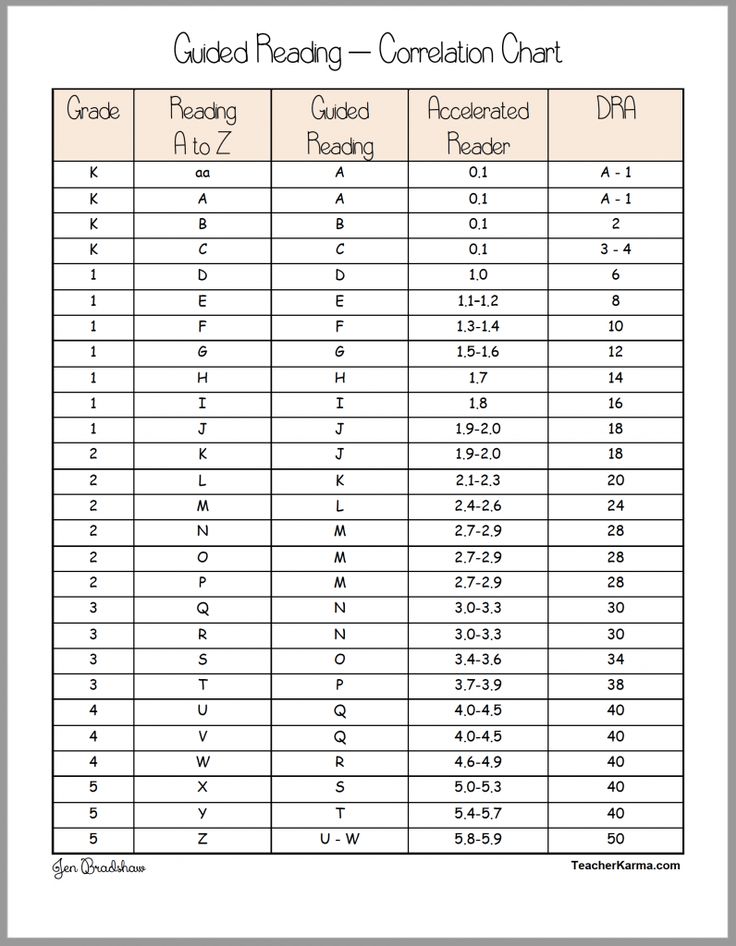
2. Cambridge Assessment English
Cambridge Assessment English tests thematic vocabulary. The resource is suitable for students of Elementary - Advanced levels.
Cambridge Assessment English offers a wide variety of exercises to help you learn English. Those wishing to check their vocabulary just put the Vocabulary filter and choose any topic they like. The exercises are divided into levels, pay attention to the color of the cards: blue - for beginners (Basic), green - for those who are fluent in the language (Independent), red - for advanced users (Proficient). For each exercise, it is written how long it can take you to complete it. For many tasks, not only the correct answers are given, but also explanations.
For beginners, we advise you to take the Natural world facts quiz - like the same words, but the tasks are much more interesting than standard exercises with pictures. If you have a good command of the language and are confident that you know enough, challenge yourself and try to guess the names of household appliances by listening to advertisements in the What’s the product? test.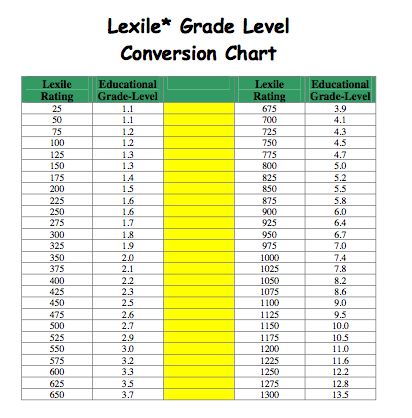
3. Learn English Today
Learn English Today is a resource with word games and puzzles for students with English levels from Elementary to Advanced.
In the Wordgames section, we recommend paying attention to crossword puzzles. Start with easy (easy) and medium difficulty (medium), and then try something more difficult (more difficult). The Challenging section is suitable for those who want to break their heads. Solving words in a crossword puzzle, you not only repeat vocabulary, but also train spelling.
The task itself has everything we expect from a crossword puzzle - definitions and explanations of words, cells that need to be filled in with letters, and hints in case you want to know the first letter, as well as the second, third and further in turn. Be careful: you do not get points for open letters, even if you guess the word in the end. After finishing the crossword, click on the Check button - you will see the points earned (the number of correctly written letters) and errors (the cells will turn white again).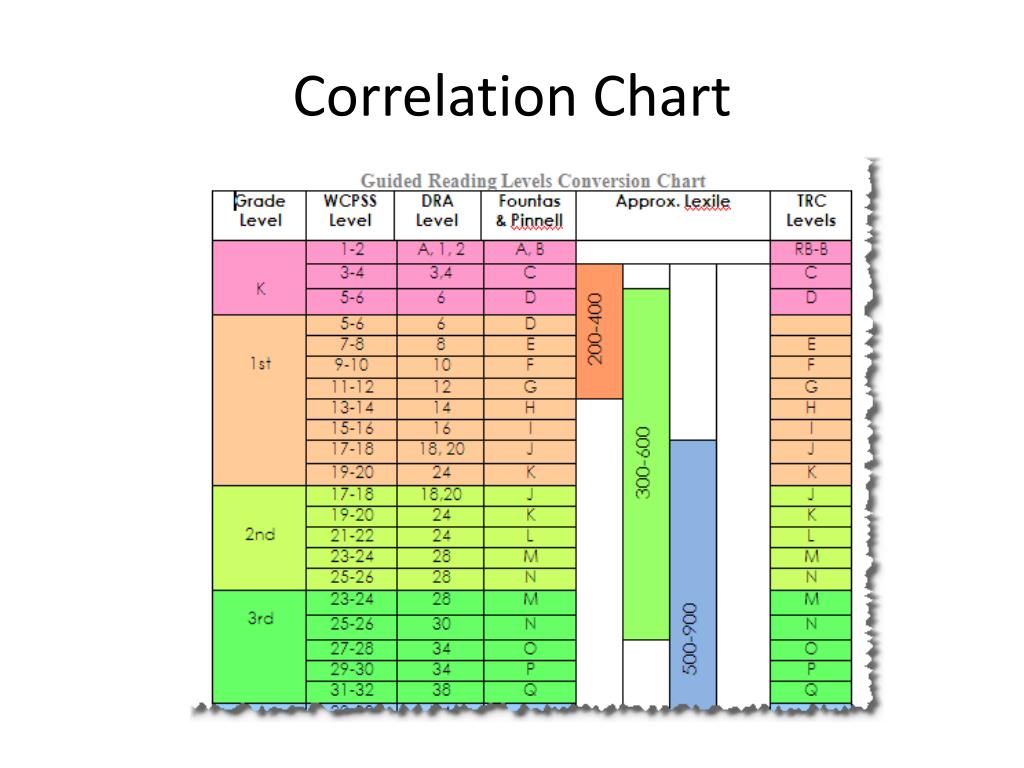
4. Exam English
Exam English is a resource where you can check both general and thematic vocabulary, it is suitable for students of Elementary - Upper-Intermediate levels. The site was created for those who plan to take any language proficiency exam.
There are few tests in the Vocabulary section, but each one is worth your time. First of all, precisely because they are all designed for a control check of knowledge before the exam, and therefore, cover the most necessary vocabulary.
50 question quiz is a comprehensive test that will help you assess your vocabulary. If you want to test your ability to express your feelings and thoughts, take the Personal Feelings, Opinions, Experiences test, and with the help of the Holidays test you will prepare for a trip abroad.
Some tests have a See all words button below each question. By clicking on it, you will open a complete list of words used in the test, with definitions in English and examples of usage.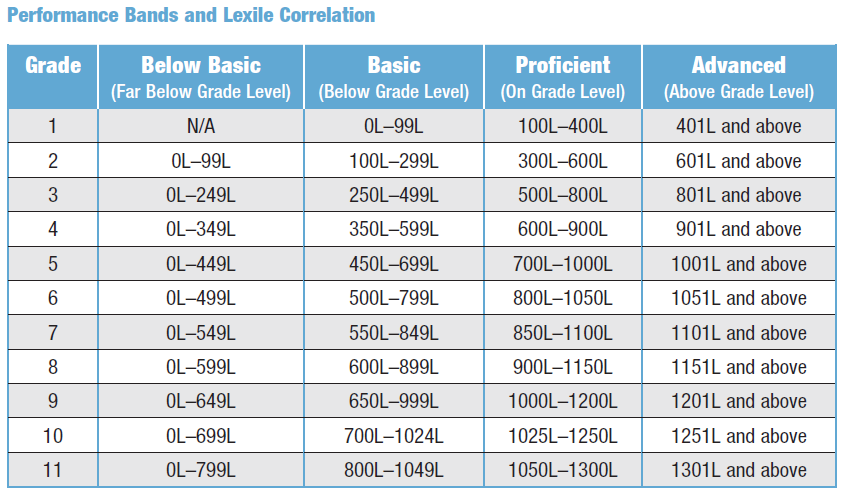
5. English Tests Online
With English Tests Online you can check your general vocabulary. The resource is suitable for students from Elementary to Advanced.
There are tests for all levels, each consisting of 20-30 multiple choice questions. This site will be especially useful for students of the Upper-Intermediate (more than three dozen tests) and Advanced (about twenty tests) levels.
We advise you to pay attention to groups of special tests, for example, knowledge of prepositions (section Prepositions Tests) and phrasal verbs (section Phrasal Verbs Tests). Please note that tests without level markings are suitable for the Intermediate level.
In the Everyday Vocabulary section there are traditional thematic tasks, among which we recommend choosing one of the tests about sounds: Sounds Test or Human Sounds Tests.
6. Longman: Vocabulary Section
The Vocabulary Section on the Longman explanatory dictionary site is suitable for practicing functional vocabulary for students at the Intermediate level and above.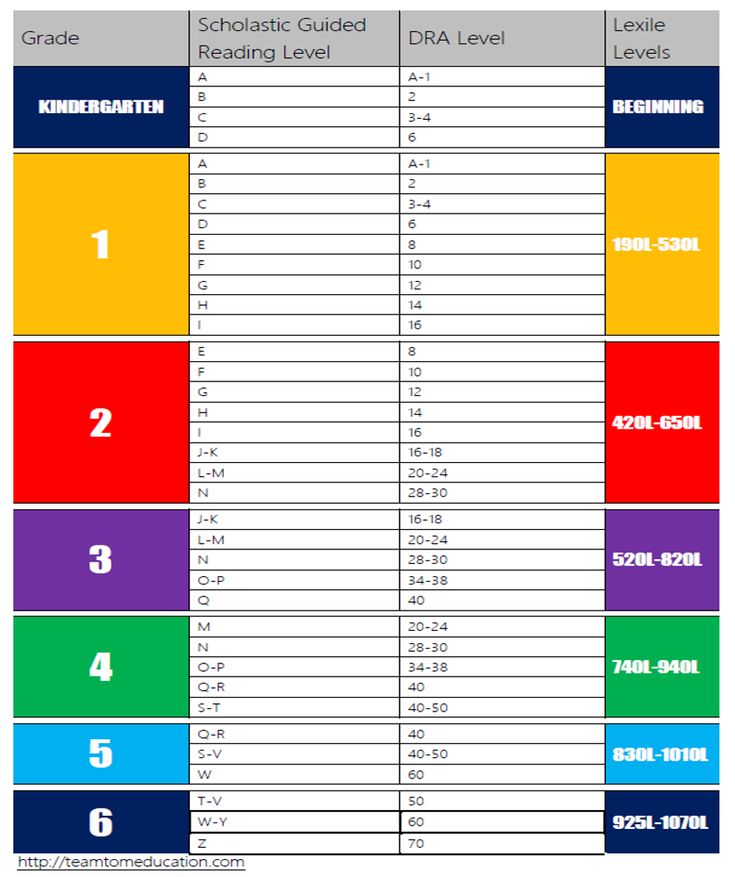
Longman will allow you to understand how confident you are in the language, and at the same time understand the intricacies of using English vocabulary. Here you will find many special tests that allow you to deal in detail with individual words (sections Synonyms, Antonyms) and aspects of the language (sections Collocations, Idioms, Phrasal verbs, Word formation).
The undoubted advantage of this site is that you not only memorize the translation of a word or phrase, but also work with the context of their use. Suppose you know the word an idea and its synonyms - a notion, a concept, a thought, an impression, a brainwave, but can you figure out which word would be most appropriate in a given situation? Test yourself with the Synonyms: Idea quiz.
7. Longman: Quiz
The Quiz section is a good option for testing functional vocabulary and is also aimed at students at the Intermediate level and above.
If the Vocabulary section deals with special cases - individual words, their synonyms, antonyms and all kinds of set expressions, then here you will find a comprehensive test on each of these topics.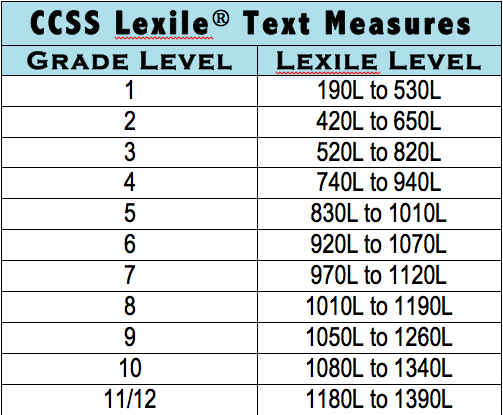 There are not many tests here, but each of them is dedicated to the most common words and expressions. The Common sections are suitable for Intermediate and Upper-Intermediate students, while Less Common is designed for those who speak the language at the Advanced level.
There are not many tests here, but each of them is dedicated to the most common words and expressions. The Common sections are suitable for Intermediate and Upper-Intermediate students, while Less Common is designed for those who speak the language at the Advanced level.
8. BBC Russian
English lessons on the BBC Russian website will expand your general and functional vocabulary. The resource will be useful for students of the Intermediate level and above.
Small vocabulary tests are published in the "English Lessons" section ("Test Yourself" section). Tests are different, and sometimes it is quite difficult to notice them in the general feed of the section materials, so we recommend that you find them through the list of similar materials under a specific test. Among the most relevant are: the Color expressions test for knowledge of idioms that use colors, tests of the "Flawless English" series for general vocabulary and thematic tests "Business and Finance".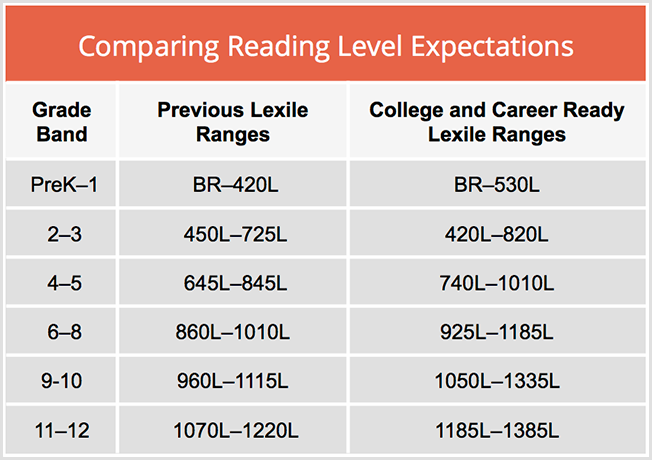 All tasks are designed for students who are fluent in English.
All tasks are designed for students who are fluent in English.
9. Macmillan Dictionary: Language Quizzes and Language Games
Macmillan Dictionary provides topic, general and functional vocabulary tests. It will also be useful for students of the Intermediate level and above.
There are not very many tests on the Macmillan Dictionary site, but they are! The site is suitable for lovers of words more interesting. Even the topic tests here are quite specific, for example, in the Trees test you will be asked about the difference between the adjectives coniferous and deciduous. Choosing an answer, you will immediately find out if it is correct, and you will also receive explanations with links to dictionary entries where you can clarify the pronunciation.
We find the assignments on modern English vocabulary especially interesting. For example, the Trending Words test includes the ten most relevant English words selected annually by the dictionary editors.
For those who are tired of the usual tests, Macmillan Dictionary has prepared a Language Games section with word games. In the Irregular Verbs Wheel, you need to remember all the possible forms of the verb as quickly as possible. In Red Words you will be asked to determine whether a particular word is used in modern English or whether it escaped from the dusty Shakespearean books. The advantage of the tests is that behind each of them there is a large dictionary database, which means that you can go through them again and again.
In the Irregular Verbs Wheel, you need to remember all the possible forms of the verb as quickly as possible. In Red Words you will be asked to determine whether a particular word is used in modern English or whether it escaped from the dusty Shakespearean books. The advantage of the tests is that behind each of them there is a large dictionary database, which means that you can go through them again and again.
10. Merriam-Webster Dictionary: Test Your Vocabulary
The Merriam-Webster Dictionary will help students at the Advanced level and above develop their general vocabulary.
The American English Dictionary has a section with vocabulary tests, quizzes and games. Its plus is the relevance of the words used. Taking them makes sense only for those who are fluent in the language.
Pay attention to the Spell It test game: listen to the word and write it - you only have 15 seconds. The game is suitable for people with strong nerves, capable of writing words such as susceptible, hoarse or maneuver with an unwavering hand.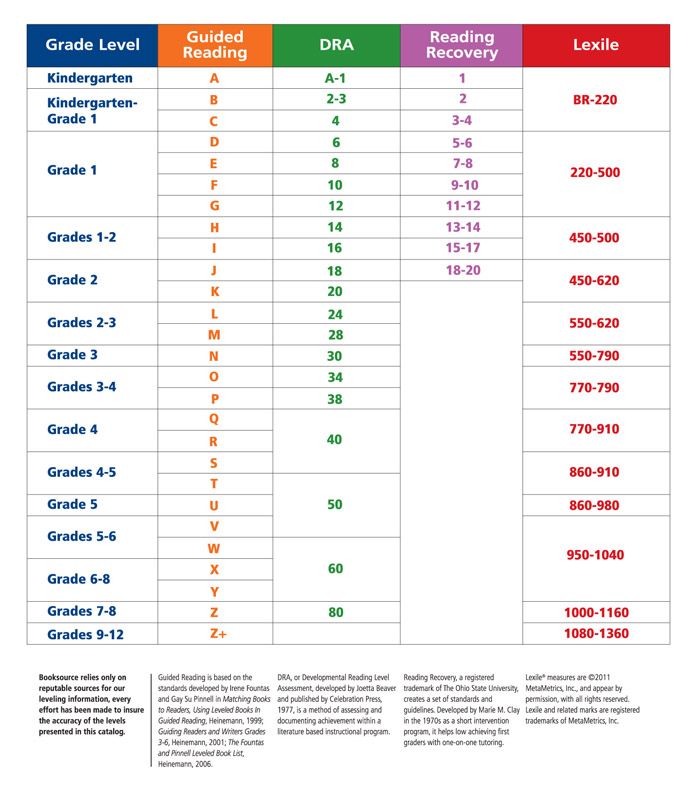
A small bonus for fans of non-trivial words is the section Word of the Day. Every day a new article and a test are published on the site, where you are invited to guess the word by its definition and a few letters. Be warned, it won't be easy.
Do you want to overcome the language barrier and use the learned vocabulary appropriately? Then sign up for an intensive conversational English course.
So, we have introduced you to the most interesting resources that our teachers use in the classroom. However, the expanses of the Internet are endless - something must have escaped us. If you use other sites to test your vocabulary and learn new words, be sure to share them in the comments.
© 2022 englex.ru, copying of materials is possible only with a direct active link to the source.
Online English Vocabulary Test
This online test is designed to allow any user to evaluate their vocabulary for free and without registration. When testing, you will not only determine how many English words you know, but also the approximate level of English proficiency.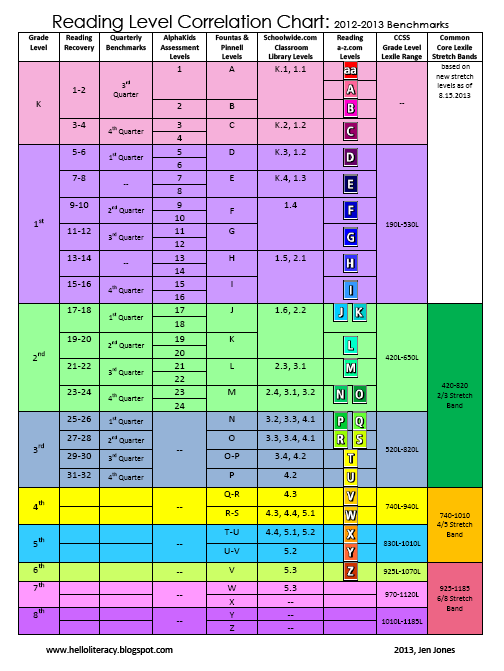
Start test
How testing works
No test is able to accurately measure the size of your vocabulary, our test is no exception, it only shows approximate data. But we tried to make its results as close as possible to real numbers and as informative as possible.
We have an English dictionary containing about 18,000 words, arranged in order of their frequency of use in the English language. For the test, we reduced this list of words to the 10,000 most popular words.
The most accurate way to test your vocabulary is to look at all the words and calculate how much you know. Unfortunately, this approach has a very significant disadvantage, since it will take quite a lot of time.
We decided for ourselves that the more often a word occurs in English speech, the easier it will be to remember and the easier it will be to remember.
| Easy | Medium | Hard |
| 1 the 2 of 3 and | 5001 fortress 5002 recipe 5003 bubble | 9998 diver 9999 sickly |
| 1st group | 50th group | 100th group |
After that, we divided 10,000 words into 100 groups of 100 words each.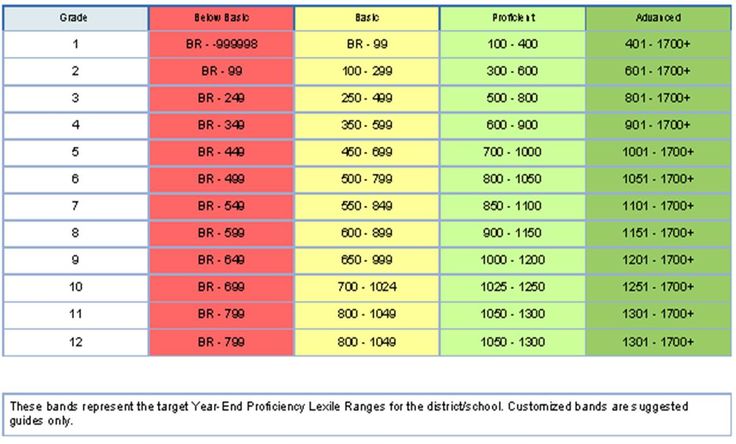 Next, we take one word from each group in random order and display them in the test. Accordingly, a total of one hundred words are used during testing.
Next, we take one word from each group in random order and display them in the test. Accordingly, a total of one hundred words are used during testing.
In the next step, you will need to mark the words that you know for sure! Not those in which you doubt, but only those in which you are sure.
Be careful, we will automatically check your answers, and sometimes a confirmation window will pop up, where you will have to give a translation for the marked word. The more honest you are, the more accurate the test results will be, and you can actually learn your passive vocabulary.
Test results
In order to give the results of this vocabulary test, we take the maximum score that could be scored in the test and, based on the results of the answers, we calculate your approximate vocabulary and other information on testing with other participants who have passed this test earlier .
Your approximate vocabulary:
7158 Words
You scored 3451 balls after passing the test
Your approximate level of the language:
9000

